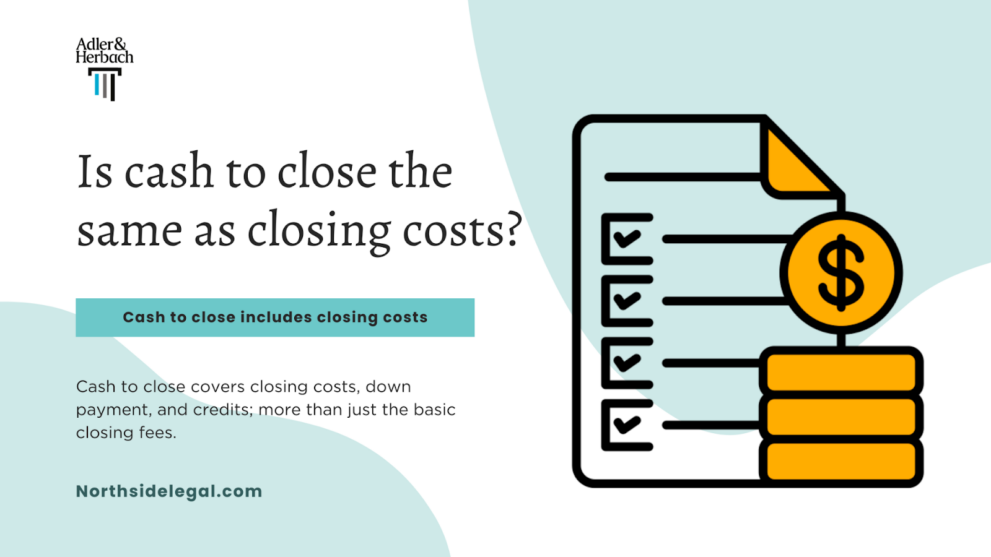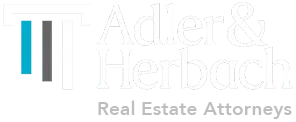During the home buying process, from initial pre-approval through closing on the purchase, buyers will hear mortgage lenders and real estate professionals refer regularly to needing sufficient funds saved up for “cash to close” as well as “closing costs” – two terms that sound strikingly similar at first glance.
For buyers navigating the many complex financial steps involved in purchasing real estate, it’s important to understand the jargon that your mortgage professionals are using – is the total amount you need for your cash to close identical to your closing costs? Or are these two amounts actually distinct from one another?
Is cash to close the same as closing costs?
Cash to close and closing costs are related but not synonymous. Cash to close includes all money you need to bring to closing, which includes the down payment and all buyer closing costs, reduced by the amount of any credits to the buyer. Closing costs, on the other hand, refer to the lender fees together with all third-party fees, but exclude the down payment.

Here is how they differ:
Cash to Close:
- Includes the down payment amount
- Encompasses the full scope of estimated closing costs associated with the mortgage and purchase
- Accounts for any closing credits provided to the buyer by either the mortgage lender or seller
Closing Costs:
- Refers only to the lender fees and third party fees, but…
- Does NOT incorporate the down payment amount
To summarize
A buyer’s closing costs are simply one component of their complete cash to close needs. The cash to close encapsulates the down payment money required in addition to total closing fees, while also considering any closing credits due to the buyer.
Illustration – Cash to close vs Closing costs
Here is an example on a $300,000 home purchase transaction to illustrate this difference:
- Down payment amount: $30,000 (10% of purchase price)
- Total closing costs: $8,000 (lender/title/third-party fees)
- Earnest money deposit: $3,000
- Seller credit: $2,000
- Cash to close total = $33,000 Closing costs alone = $8,000
In this case, the buyer’s full cash to close factors in the $30,000 down payment together with $8,000 in total closing costs, but subtracts the $2,000 credit offered by the seller and the $3,000 earnest money that the buyer already paid, equaling $33,000 total cash the buyer needs to close. The closing costs alone are just that $8,000 portion.
This demonstrates how a buyer’s cash to close encapsulates more than just the closing fees – it also includes the down payment while accounting for any credits that lower the total amount the buyer actually needs to bring to closing day. Knowing the distinction allows proper planning.
Also learn
The Bottom Line
Getting clarity on both the full cash to close estimate as well as the closing costs component, and re-confirming these prior to the closing, enables home buyers to accurately save, plan for, and prepare the right amount needed to successfully close on their purchase and become homeowners.


